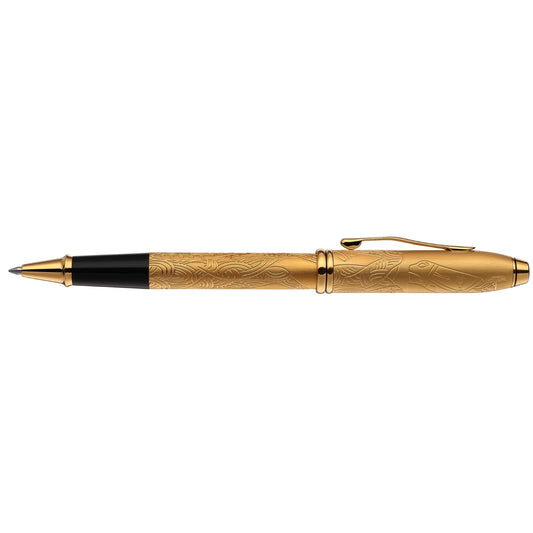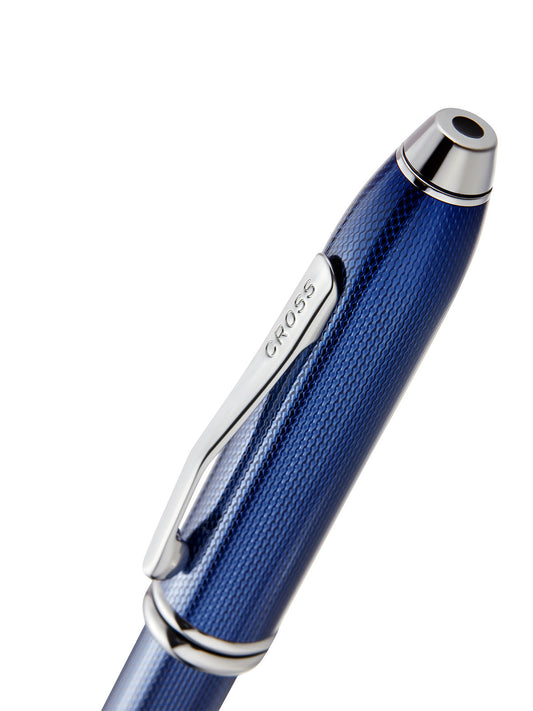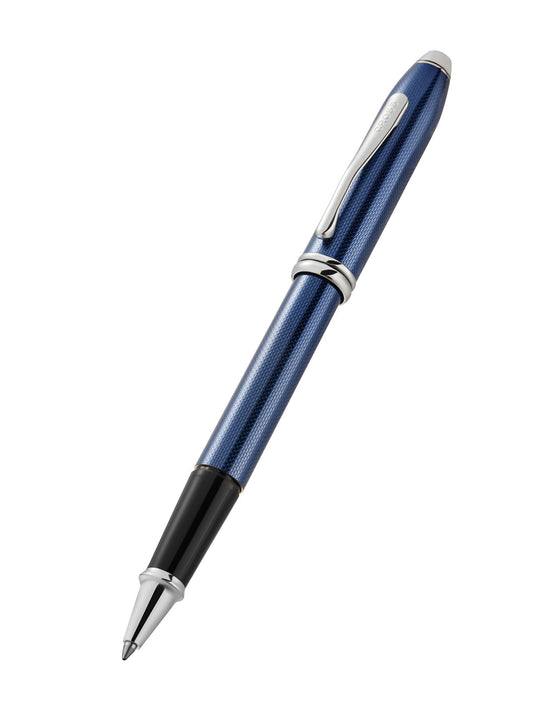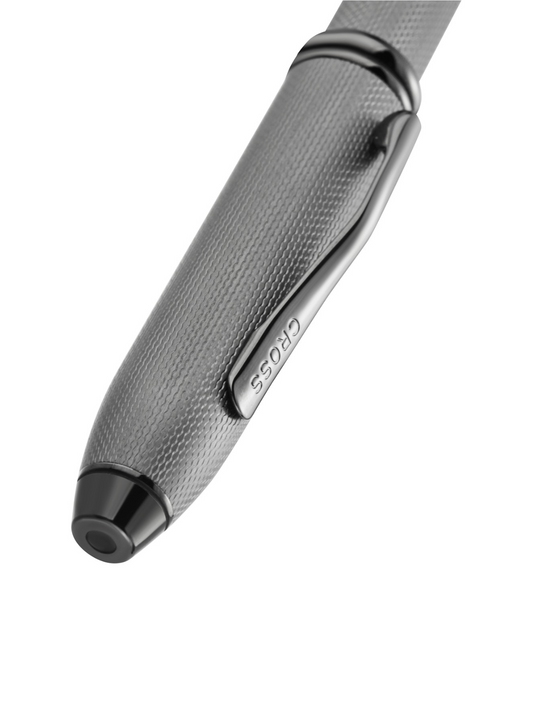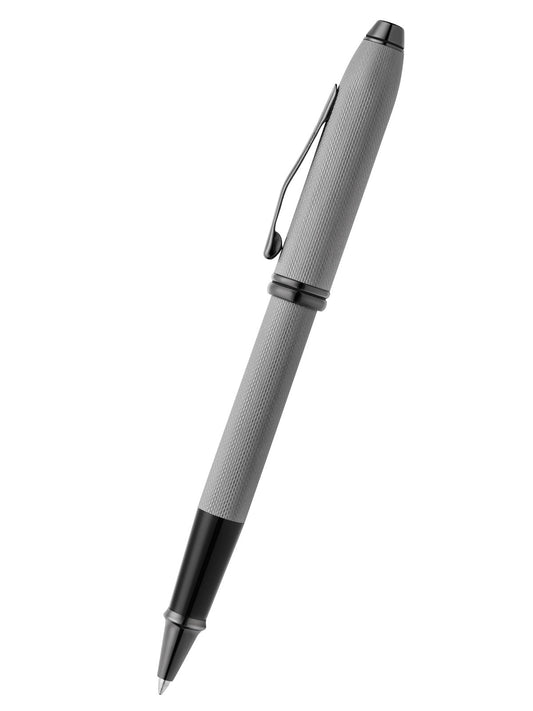It seems that our screens dominate our lives these days, and communication is often reduced to emojis and abbreviations; the act of putting pen to paper can feel refreshing. Journaling—the simple, intentional act of recording thoughts, feelings, and experiences—is a practice that offers profound benefits. It is more than just writing; it’s a tool for self-discovery, stress relief, and creative inspiration. In fact, there are numerous advantages of keeping a daily journal and how incorporating this timeless habit into your routine can elevate your well-being.
A Sanctuary for Your Mind
Modern life is filled with distractions. From the constant buzz of notifications to endless to-do lists, our minds are often overwhelmed. Journaling provides a refuge—a space where you can untangle your thoughts and regain clarity. Writing down your feelings helps to declutter your mind, making it easier to process emotions and solve problems.
When you keep a daily journal, you create a sacred pause in your day. It’s a moment to step away from the noise and focus inward. This mindful practice has been shown to reduce stress, improve mental clarity, and foster a deeper connection to oneself.
Boosting Emotional Health
Expressive writing has been linked to improved emotional well-being. By articulating your feelings on paper, you give yourself permission to confront and process them. Journaling acts as an emotional release valve, preventing feelings of anxiety or frustration from building up.
Moreover, journaling promotes self-awareness. When you consistently record your thoughts, you begin to notice patterns in your behavior and emotions. This heightened awareness can empower you to make positive changes, whether it’s setting boundaries, nurturing healthier relationships, or cultivating habits that bring you joy.
Read more about the Mental and Emotional Benefits of Journaling.
Unlocking Creativity
Many great thinkers and creatives—from Leonardo da Vinci to Virginia Woolf—have turned to journaling to spark inspiration. A blank page is an open canvas, and journaling allows your imagination to roam freely. Whether you’re brainstorming ideas, sketching designs, or simply daydreaming, the act of writing can unlock creative insights that might otherwise remain dormant.
For those in creative professions, journaling can also serve as a repository for ideas. It’s a place to capture fleeting thoughts, develop concepts, and refine your artistic voice. Even if you don’t consider yourself a creative person, journaling can help you approach problems with fresh perspectives and innovative solutions.
Enhancing Memory and Learning
The physical act of writing engages different parts of the brain than typing. Studies have shown that handwriting improves memory retention and comprehension. When you write in your journal, you’re not only recording events but also reinforcing your understanding of them.
Daily journaling also helps you track your growth over time. Revisiting past entries allows you to reflect on your journey, celebrate milestones, and learn from past challenges. This practice can be particularly valuable for students, professionals, and lifelong learners who want to deepen their knowledge and track their progress.
Cultivating Gratitude
One of the simplest yet most transformative journaling practices is keeping a gratitude journal. By noting down things you’re thankful for each day, you shift your focus from what’s lacking to what’s abundant in your life. This shift in perspective has been proven to increase happiness, reduce stress, and improve overall life satisfaction.
Gratitude journaling doesn’t have to be complicated. Even a quick list of three things you appreciate—a sunny day, a kind gesture, or a delicious meal—can reframe your mindset and help you approach life with a more positive outlook.
Building Discipline and Structure
Establishing a journaling habit requires commitment, but the rewards are well worth the effort. Setting aside time each day to write fosters discipline and structure in your routine. Over time, this practice can spill over into other areas of your life, helping you stay organized, focused, and productive.
Journaling also provides a sense of accomplishment. Completing an entry, no matter how brief, reinforces the idea that you’re showing up for yourself. It’s a small but meaningful act of self-care that signals your commitment to personal growth.
Managing Stress and Anxiety
Life’s challenges can often feel overwhelming, but journaling offers a way to process and cope with stress. Writing about your worries or fears helps to externalize them, making them feel more manageable. It also allows you to identify triggers and develop coping strategies.
Therapeutic journaling techniques, such as free writing or stream-of-consciousness entries, can be especially effective in releasing pent-up emotions. For those dealing with anxiety, the act of journaling can provide a sense of control and perspective, helping to ground you in the present moment.
Improving Physical Health
The mind-body connection is powerful, and journaling can have surprising benefits for physical health. Research has shown that expressive writing can strengthen the immune system, lower blood pressure, and even improve sleep quality. By reducing stress and promoting emotional balance, journaling contributes to overall well-being.
For individuals managing chronic illnesses or recovery, journaling can also be a therapeutic tool. Documenting symptoms, treatments, and progress can help patients gain insights into their health and communicate more effectively with healthcare providers.
Deepening Self-Reflection
It’s easy to lose sight of what truly matters. Journaling encourages introspection, helping you reconnect with your values, goals, and aspirations. Regularly reflecting on your experiences can lead to greater self-understanding and a stronger sense of purpose.
Many people use journaling to set intentions, track personal growth, or explore their spiritual beliefs. By carving out time for self-reflection, you cultivate a deeper appreciation for the journey of life and the lessons it brings.
How to Start Your Journaling Practice
If you’re new to journaling, the thought of filling a blank page might feel daunting. The key is to start small and be consistent. Here are some tips to help you get started:
- Choose the Right Tools: Invest in a quality journal and pen that inspires you. Writing with a well-crafted instrument, like a Cross pen, can make the experience more enjoyable and elevate the act of journaling into a cherished ritual. Take it a step further and have your pen engraved with your name or positive affirmation.
- Set Aside Time: Decide on a time that works best for you, whether it’s first thing in the morning, during lunch, or before bed. Consistency is key.
- Start Simple: Begin with prompts such as “What made me smile today?” or “What are three things I’m grateful for?” Over time, you can explore more complex topics or free-write whatever comes to mind.
- Create a Judgment-Free Zone: Your journal is for your eyes only. Write authentically and without fear of criticism. Spelling, grammar, and structure don’t matter here.
- Experiment with Styles: Try different journaling techniques to find what resonates with you. Bullet journaling, gratitude lists, and stream-of-consciousness writing are just a few options to explore.
The Role of a Luxurious Writing Experience
Journaling is as much about the process as it is about the content. The tools you use can greatly enhance your experience. A Cross pen, with its sleek design and smooth ink flow, transforms the act of writing into an indulgent ritual. Pair it with a high-quality journal, and you’ll create a space that feels inviting and inspiring.
In our daily lives, speed and efficiency are often prioritized above all else. Journaling with a luxurious pen slows you down and reconnects you with the tactile pleasure of writing. It’s a reminder that self-care can be elegant, and that even small daily acts can be infused with beauty and intention.
Journaling: A Timeless Tradition
The art of journaling has stood the test of time for good reason. From ancient scrolls to modern notebooks, the practice has always been a powerful way to document life, explore ideas, and nurture the soul. By embracing journaling as a daily habit, you open the door to a world of benefits that enrich your mind, body, and spirit.
So why not begin today? Choose your favorite journal, pick up your pen, and let your thoughts flow. With each word you write, you’ll be taking a step toward greater clarity, creativity, and self-discovery—one page at a time.





